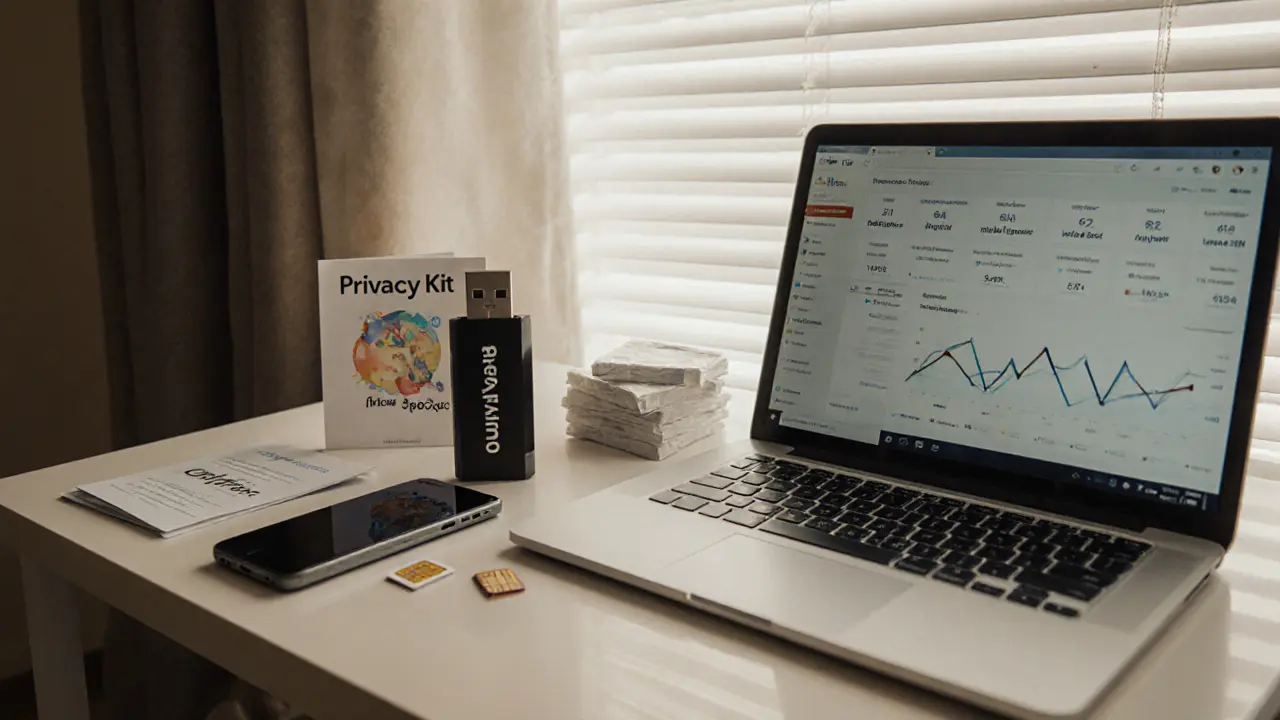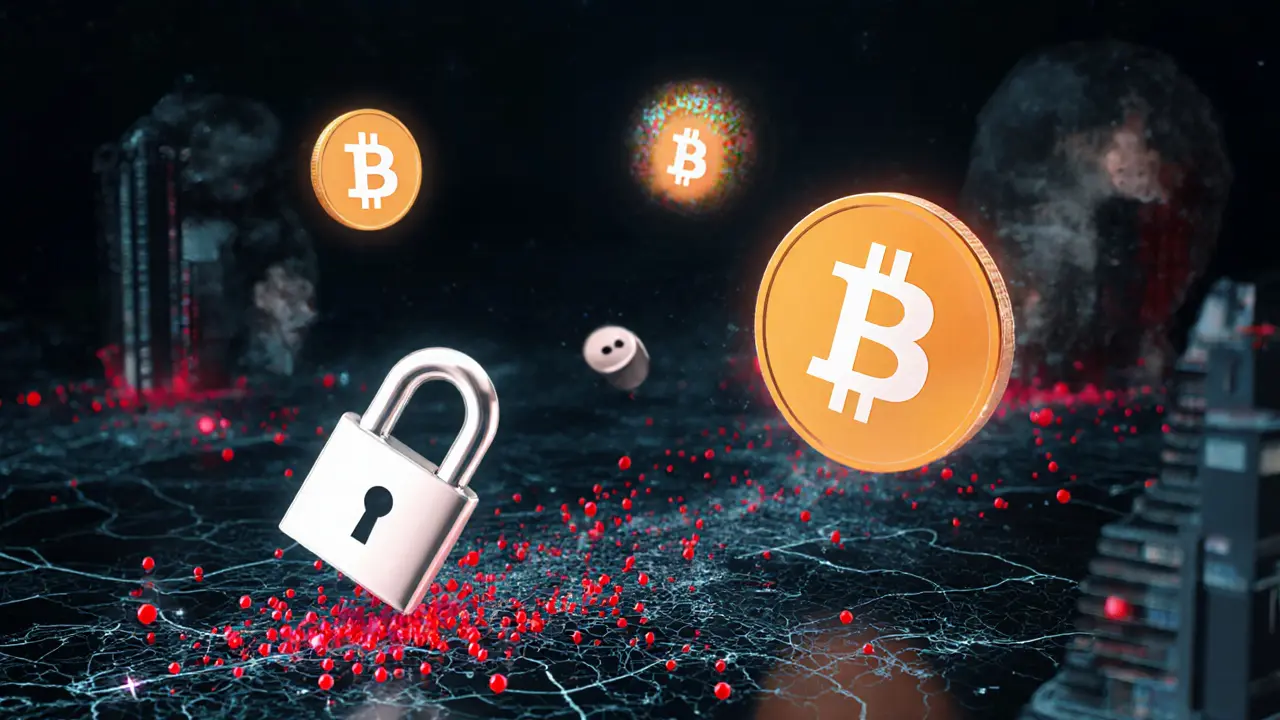
There’s no legal porn industry in Dubai. No studios, no filming permits, no licensed performers. Yet, people still make money from adult content here - and not just a little. The numbers don’t show up on tax returns, but they show up in bank transfers, encrypted apps, and private DMs. This isn’t about glamour or fame. It’s about survival, opportunity, and a market that refuses to disappear just because the law says it should.
How It Actually Works
Most people who produce adult content in Dubai aren’t doing it from a studio with lights and a crew. They’re doing it from a rented apartment in Jumeirah, a hotel room in Deira, or even a friend’s spare room in Al Barsha. Phones are the main tool. iPhones, Samsung Galaxies, sometimes GoPros. The content is shot in short clips - 30 seconds to 5 minutes - and uploaded privately to platforms like OnlyFans, ManyVids, or FanCentro. These aren’t public sites. They’re subscription-based, encrypted, and designed for discretion.
One performer, who asked to remain anonymous, told me she earns between $8,000 and $15,000 a month. She’s not a celebrity. She’s a 26-year-old expat from Ukraine who moved to Dubai two years ago for a job in hospitality. When that job fell through, she started posting content. She doesn’t meet clients in person. She doesn’t do live shows. She posts twice a week, uses a pseudonym, and never shows her face. Her audience? Mostly men in Europe and North America who pay $15-$25 a month to access her content.
She’s not alone. There are dozens, maybe hundreds, of people doing the same thing. Most are women, but there are men too. Some are expats. Some are locals who found a way to monetize their privacy. None of them have a contract. None of them have a manager. Most don’t even know each other.
Why Dubai? The Hidden Advantages
On paper, Dubai bans pornography. The UAE’s Federal Penal Code (Article 370) criminalizes the production, distribution, or possession of pornographic material. Violations can lead to fines, deportation, or jail time. So why does this market thrive?
Because the rules are unevenly enforced - and because the city has unique advantages that make it attractive for this kind of work.
- High disposable income: Expats earn more here than in most countries. Rent is expensive, but salaries are high. A nurse from the Philippines can earn 12,000 AED a month. A teacher from Canada can make 20,000 AED. That means people have money to spend - and they’re willing to pay for content that feels exclusive.
- Strong internet infrastructure: Dubai has one of the fastest, most reliable internet connections in the world. Streaming, uploading, and downloading high-quality video is seamless. No buffering. No lag. No dropped connections.
- Global payment access: Even though local banks are cautious, many performers use international payment processors like Stripe, PayPal (via third-party gateways), or crypto wallets. Bitcoin and USDT are common. Transactions are hard to trace back to a Dubai IP address.
- Discretion is built into the culture: Dubai is a city of privacy. People don’t ask questions. Neighbors don’t knock. Landlords don’t inspect. If you keep your door closed and your phone locked, you’re unlikely to get caught.
There’s also a psychological factor: the taboo. For many buyers, the appeal isn’t just the content - it’s the idea that it’s coming from a place where it’s illegal. That adds a layer of risk, excitement, and exclusivity. It’s not just sex. It’s transgression.

Who’s Making the Money?
Most of the profit doesn’t go to the performers. It goes to the middlemen - the ones who never show up on camera.
There are local agents who connect performers with buyers. They don’t call themselves agents. They call themselves “content managers” or “digital marketers.” They help with editing, caption writing, scheduling posts, and even setting up fake Instagram accounts to drive traffic. They take 30-50% of earnings. Some performers don’t realize they’re being taken advantage of until they’ve been doing it for months.
Then there are the tech facilitators - people who sell encrypted storage, burner phones, VPNs, and fake ID services. One man in Sharjah runs a small shop that sells “privacy kits” - USB drives with pre-loaded encryption software, disposable SIM cards, and step-by-step guides on how to avoid detection. He says he sells 15-20 kits a week. Most buyers are women.
The biggest earners? The platform owners. OnlyFans takes 20% of every transaction. ManyVids takes 25%. These companies are based in the U.S. and Europe. They don’t care where you live. They only care that you’re generating revenue. And Dubai performers are generating a lot of it.
Risks Are Real - And Often Overlooked
There’s no safety net. No union. No legal recourse. If someone leaks your content, you can’t sue. If a client threatens you, you can’t call the police. If your bank freezes your account because of “suspicious activity,” you have no way to appeal.
One woman I spoke with was deported in 2023 after her ex-boyfriend reported her to immigration. He had screenshots of her OnlyFans profile and claimed she was involved in “prostitution.” She had never met a client. She had never left her apartment. But under UAE law, producing adult content is treated the same as selling sex. She lost her visa, her job, and her savings. She’s now living in Ukraine, working as a call center agent.
Another performer, a 31-year-old from Brazil, was arrested in 2024 after police traced a payment to her apartment. She spent three weeks in detention before being released on bail. Her case is still open. She hasn’t posted since.
These aren’t rare cases. They’re warnings. The risk isn’t just legal - it’s psychological. Many performers report anxiety, paranoia, and isolation. They can’t tell their families. They can’t talk to friends. They live in constant fear of exposure.

It’s Not Glamour. It’s Business.
There’s no red carpet. No magazine covers. No talk show appearances. The people who make money from adult content in Dubai aren’t stars. They’re entrepreneurs. They treat it like a side hustle - except it’s their only hustle.
Some use it to pay off student loans. Others to save for a visa to Canada. A few are saving to open a small business - a café, a boutique, a yoga studio - somewhere far from Dubai.
The market is growing. More people are entering. More platforms are adapting. The technology is getting better. The enforcement is inconsistent. And as long as those conditions stay the same, this economy won’t disappear.
It’s not about morality. It’s about economics. People need money. Dubai gives them the tools. The law gives them the risk. And they choose to take it anyway.
What Happens When the Crackdown Comes?
There are rumors. Every few months, there’s a news story about a raid, a deportation, a crackdown. But nothing changes for long. The market adjusts. New tools appear. New tactics emerge.
Some performers now use AI-generated avatars to avoid showing their faces. Others use voice changers. A few have started selling non-explicit content - lingerie photos, fitness videos, ASMR - that skirts the line but stays legal. One woman told me she makes more from selling “lifestyle content” than she ever did from explicit material.
The future of this industry in Dubai won’t be about porn. It’ll be about perception. About what’s allowed, what’s hidden, and what’s just… not seen.
Is it legal to be a porn star in Dubai?
No. Under UAE law, producing, distributing, or possessing pornographic material is illegal. This includes filming, uploading, or selling adult content - even if it’s done privately or online. Violations can lead to fines, imprisonment, or deportation for expats. There are no legal licenses or protections for performers.
How do performers get paid in Dubai?
Most use international platforms like OnlyFans, ManyVids, or FanCentro, which process payments in USD or EUR. Performers often link these to crypto wallets (Bitcoin, USDT) or use third-party payment gateways that bypass local banking restrictions. Some use foreign bank accounts or digital wallets like Wise or Revolut. Cash payments are rare due to traceability risks.
Do performers meet clients in person?
Almost never. The vast majority of performers in Dubai avoid in-person interactions entirely. Their business is digital: content uploaded to subscription platforms. Meeting clients would cross the legal line into prostitution, which carries much harsher penalties. The entire model is built on anonymity and distance.
How much money can someone actually make?
Earnings vary widely. Most performers make between $2,000 and $10,000 per month. Top performers with large followings can earn $15,000-$30,000 monthly. However, this requires consistent content, marketing skills, and audience growth. Most don’t reach the top tier. Many earn less than $1,000 after platform fees and expenses.
Can local Emiratis be involved in this industry?
It’s extremely rare. Cultural and family pressures make it nearly impossible for Emirati citizens to participate openly. Those who do are usually in extreme secrecy and face far greater social and legal consequences if exposed. Most known performers are expats from Eastern Europe, Latin America, or Southeast Asia.
What are the biggest risks for performers?
The biggest risks are deportation, criminal charges, bank account freezes, doxxing (public exposure of identity), and psychological trauma. There’s no legal protection if content is leaked or if a client threatens you. Many performers live in constant fear of being discovered by authorities, family, or employers.
Is this market growing or shrinking?
It’s growing, slowly but steadily. More people are entering because traditional jobs don’t pay enough, and digital platforms make it easier to start. Enforcement is inconsistent, and technology keeps evolving - making it harder for authorities to track. The market is adapting, not disappearing.



